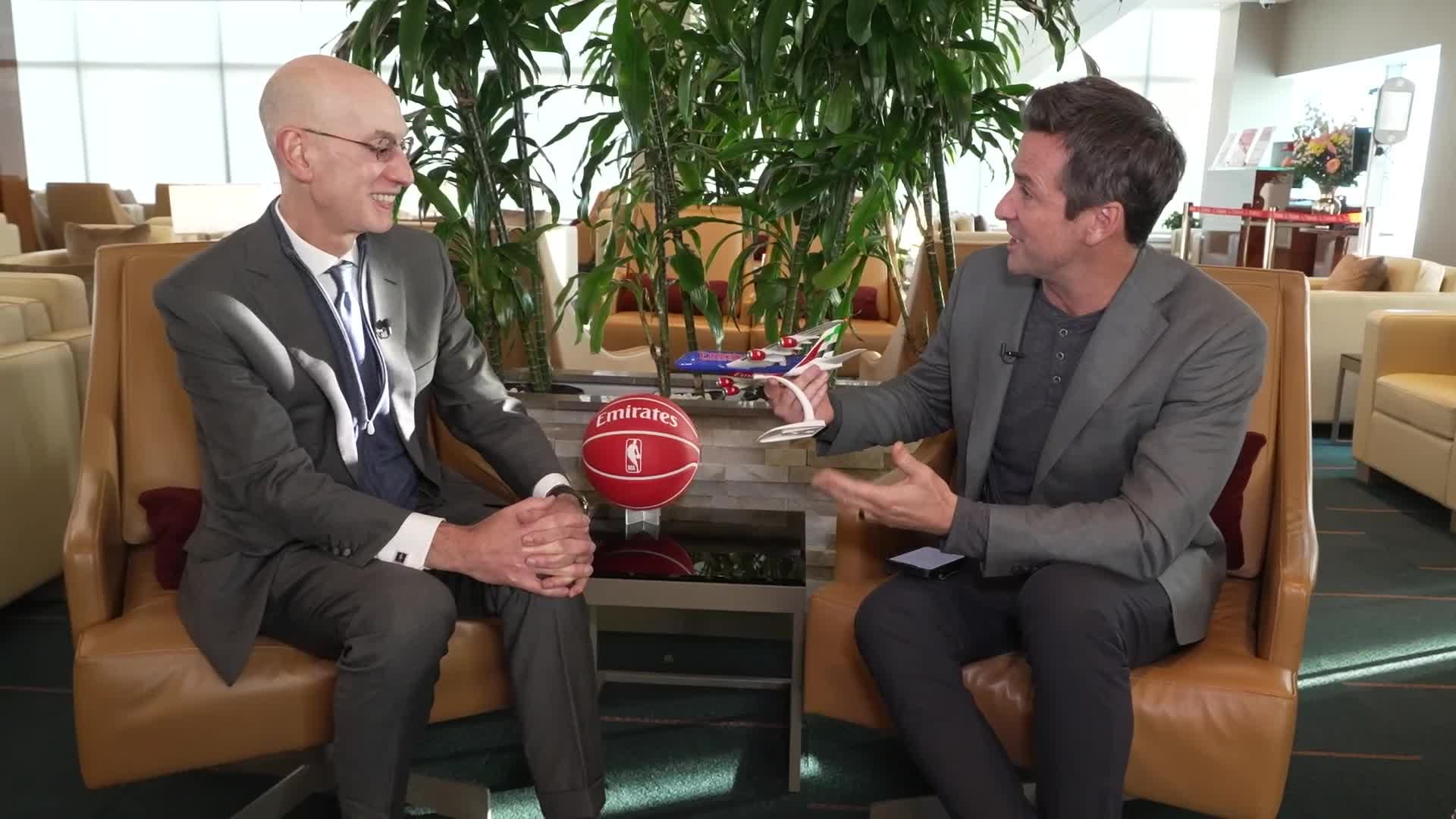By Barbara Ortutay
Netflix posted sharply higher third-quarter earnings Tuesday thanks to a stronger slate of titles, including “Squid Game," the dystopian survival drama from South Korea that the company says became its biggest-ever TV show.
The company said its subscriber base grew 9% from a year earlier, to 213.6 million, surpassing its own projections.
Netflix earned $1.45 billion, or $3.19 per share, in the latest quarter. That's up from $789.9 million or $1.79 per share, a year earlier.
Revenue grew 16% to $7.48 billion from $6.44 billion.
Analysts, on average, were expecting earnings of $2.56 per share on revenue of $7.48 billion, according to a poll by FactSet.
Shares of the Los Gatos, California-based company climbed $4.07 after-hours to $639.
The company made no mention in its earnings press release of the fallout surrounding a recent Dave Chapelle special, which premiered earlier this month after the third quarter ended.
Netflix said Friday that it had fired an employee for disclosing confidential financial information about what it paid for the Chappelle’s comedy special “The Closer,” which employees and advocacy groups condemned as being transphobic and harmful to transgender people.
The employee, who wasn’t named, shared “confidential, commercially sensitive information outside the company,” a Netflix statement said.
The media watchdog group GLAAD said that “anti-LGBTQ content” violates Netflix’s policy to reject programs that incite hate or violence.
However, Netflix co-CEO Ted Sarandos told managers in an internal memo that the show doesn’t cross “the line on hate” and will remain on the streaming service.
Transgender employees and their allies planning to stage a walkout Wednesday in protest.











